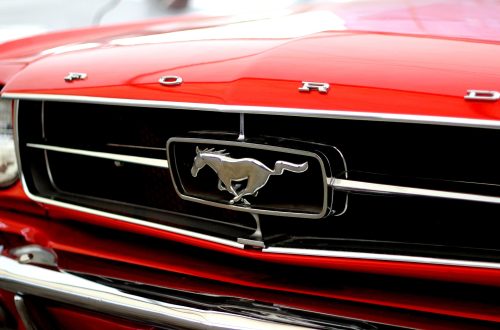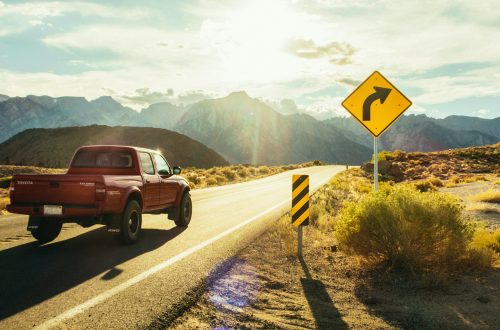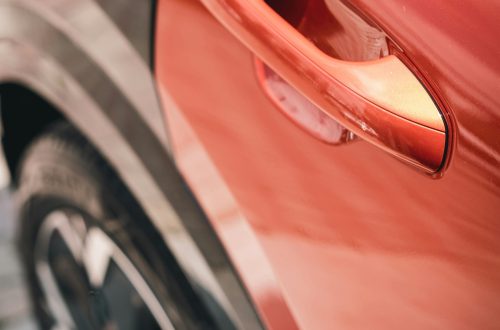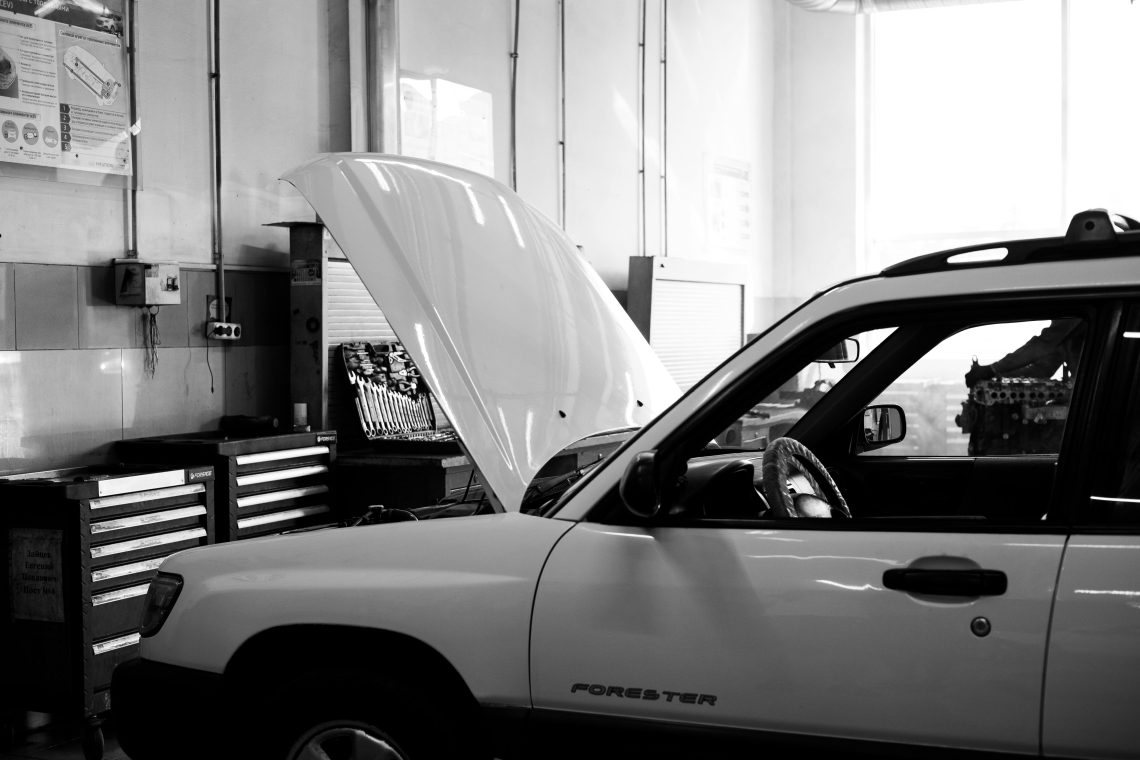-
What Is PIP Insurance and Why It Matters for Oregon Drivers
When shopping for auto insurance, you’ll likely come across the term PIP insurance—short for Personal Injury Protection. If you’re unfamiliar with it, you’re not alone. Many drivers don’t fully understand how PIP coverage works or why it’s important. But if you live in Oregon, especially around Bend, this coverage could make a big difference in how well you’re protected after an accident. Let’s take a closer look at what PIP insurance is, what it covers, and how a Bend, Oregon, car insurance agent can help you get the right protection for your needs. Now that we’ve mentioned PIP, let’s start by answering a common question: what exactly is PIP insurance?…
-
Does Car Insurance Cover Drivers Other Than You?
Car insurance can be confusing, especially regarding who is covered under your policy. Many drivers in Bend, Oregon, wonder what happens if someone else borrows their car and has an accident. The answer depends on your policy and your relationship with the other driver. Let’s break down how coverage usually works and what you should know before lending your keys. 1. The General Rule: Insurance Usually Follows the Car Generally, car insurance follows the vehicle, not the driver. If you lend your car to a friend or family member and they have an accident, your Bend, Oregon policy likely covers the damages, as long as you gave permission. This is…
-
How Long Do Car Insurance Claims Take to Settle?
After ensuring everyone is safe following an accident, one of your first concerns is how long your car insurance claim will take to settle. Timelines vary based on the accident, claim type, and the cooperation of those involved. Knowing the usual process helps you set expectations. The Typical Timeline for Car Insurance Claims Most straightforward claims are settled within 30 days. Some resolve in weeks; others, with complications, can take months. State law generally requires insurers to resolve claims within a reasonable timeframe, which varies depending on the claim’s complexity. Factors That Affect Claim Settlement Time Several factors can speed up—or slow down—the claims process: Type of Claim Simple property…
-
What to Do When Your Teen Is in a Car Crash: A Guide for Oregon Parents
Few calls are more unsettling for a parent than hearing that their teenager has been in a car accident. Even if the crash is minor, the stress, confusion, and concern that follow can feel overwhelming. Knowing how to respond in the moment—and how to handle the aftermath—can help protect your teen’s safety, reduce stress, and ensure your Oregon car insurance works effectively for you. Step 1: Make Sure Everyone Is Safe The first priority after a crash is safety. Encourage your teen to: Stay calm and take a deep breath. Check for injuries—both theirs and those of others involved. If safe, move the vehicle to the side of the road…
-
What Happens If Your Car Insurance Lapses?
Car insurance is not only a legal requirement in Oregon but also an essential financial safety net. However, many drivers find themselves facing a lapse in coverage due to missed payments, oversight, or switching policies without proper timing. If you’re a driver in Central Oregon, understanding the consequences of a lapse in your Central Oregon car insurance can save you from costly mistakes and legal issues. What Is a Car Insurance Lapse? A lapse occurs when your auto insurance policy is no longer active due to non-payment or cancellation. Even a short period without insurance can have long-lasting effects, especially since Oregon law requires all drivers to carry minimum liability…
-
8 Hands-Free Car Tips for a Safer Drive
Minimizing distractions is key to staying safe on the road. One of the biggest causes of accidents is driver inattention, often from fumbling with phones, adjusting gadgets, or taking their hands off the wheel. By adopting hands-free habits, you can protect yourself, your passengers, and others on the road. If you live in Central Oregon, pairing these habits with the right Bend, Oregon car insurance gives you even greater peace of mind. Here are eight hands-free car tips to make every drive safer Use Bluetooth or CarPlay Sync your phone with your vehicle’s Bluetooth or Apple CarPlay/Android Auto. This lets you make calls, send texts by voice, and access navigation…
-
Passenger Safety: Tips Every Driver and Rider Should Know
Passenger safety is just as important as driver safety, and taking a few simple precautions can make a big difference on the road. Whether you’re behind the wheel or riding along, understanding how to stay safe helps prevent accidents and injuries. For drivers and riders alike, safety should always come first—because one person’s decision can affect everyone in the vehicle. And while being cautious on the road is critical, having reliable protection, such as Bend, Oregon car insurance, ensures peace of mind in case the unexpected happens. Always Wear Your Seatbelt It may sound obvious, but seatbelts are a lifesaver. Both drivers and passengers should buckle up every time, regardless…
-
Does Auto Insurance Cover Medical Expenses?
After an accident, drivers and passengers often wonder if car insurance will cover medical expenses. Coverage depends on your policy, state, and the situation. Knowing how insurance works with medical bills helps you avoid surprises. 1. Personal Injury Protection (PIP) Many states require Personal Injury Protection (PIP), especially those with no-fault laws. PIP pays medical expenses for you and your passengers, no matter who caused the crash. It can also cover some lost wages and rehabilitation costs, providing broad medical coverage. If you live in a no-fault state and are injured, PIP pays your medical bills up to your policy’s limit before health insurance or other coverage applies. 2. Medical…
-
Distracted Driving Awareness: The Importance of Driving Mindfully
Every April, Distracted Driving Awareness Month serves as a reminder of the dangers of losing focus on the road. Technology brings convenience but also constant distractions, from texting to eating. These actions, though seemingly minor, can have life-altering consequences. Mindful driving protects you, your passengers, and everyone on the road. The Scope of the Problem According to the National Highway Traffic Safety Administration (NHTSA), thousands of lives are lost each year due to distracted driving. In fact, in the United States, distracted driving accounts for a significant percentage of all roadway crashes. This sobering reality underscores the importance of dedicating an entire month to raising awareness and promoting safer driving…
-
Auto Maintenance Tips: What’s Really Important?
Regular auto maintenance keeps your car running smoothly, saves money, and reduces the risk of breakdowns. In Central Oregon, varying weather and road conditions make these tips especially important. Whether you’re a daily commuter or a weekend adventurer, here’s what really matters to keep your vehicle in top shape. 1. Stay on Top of Oil Changes Oil is your car’s lifeblood. Without regular oil changes, your engine could suffer from increased wear, overheating, and eventual failure. Most modern vehicles can travel between 5,000 and 7,500 miles between oil changes, but always refer to your owner’s manual for the manufacturer’s specific recommendations. A well-lubricated engine lasts longer and runs more efficiently,…





















